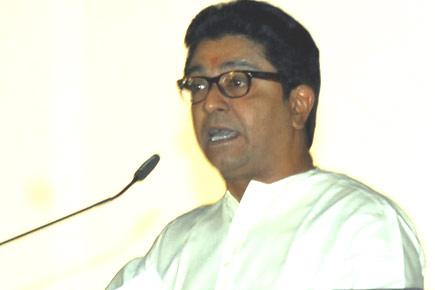Prohibitory notices issued to MNS chief Raj Thackeray under the Criminal Procedure Code, 1973 and the Bombay Police Act, 1951 are said to have played a major role in toning down his fervour for the rasta roko anti-toll protest today

Prohibitory notices issued to MNS chief Raj Thackeray under the Criminal Procedure Code, 1973 and the Bombay Police Act, 1951 are said to have played a major role in toning down his fervour for the rasta roko anti-toll protest today.
ADVERTISEMENT

The notices, issued on Tuesday to Thackeray and various other MNS workers, warned party officials that orders for preventive arrests and to prohibit assembly were issued under sections 37 (3) along with 10 (2) of the Bombay Police Act. The sections, read together, empower cops to put those violating the law behind bars for three days.
Another important factor for the mellow response was the police’s reminder of a Supreme Court judgment, which puts the onus of paying for destruction of public property on agitators. Sources from the MNS say party leaders were worried that anti-party elements might cause deliberate violence for which the MNS would end up paying.
A government official further claimed, “If violence occurs, the party would also find it difficult to defend itself in a petition filed recently in the apex court, demanding de-recognition of the MNS as a political party.
To save the party from irreparable damage, Thackeray decided to relent.” About Thackeray’s claim that someone from the chief minister’s office (CMO) was in constant touch with him, the official said that except CM Prithviraj Chavan, no one else could have spoken to him.
 Subscribe today by clicking the link and stay updated with the latest news!" Click here!
Subscribe today by clicking the link and stay updated with the latest news!" Click here!






